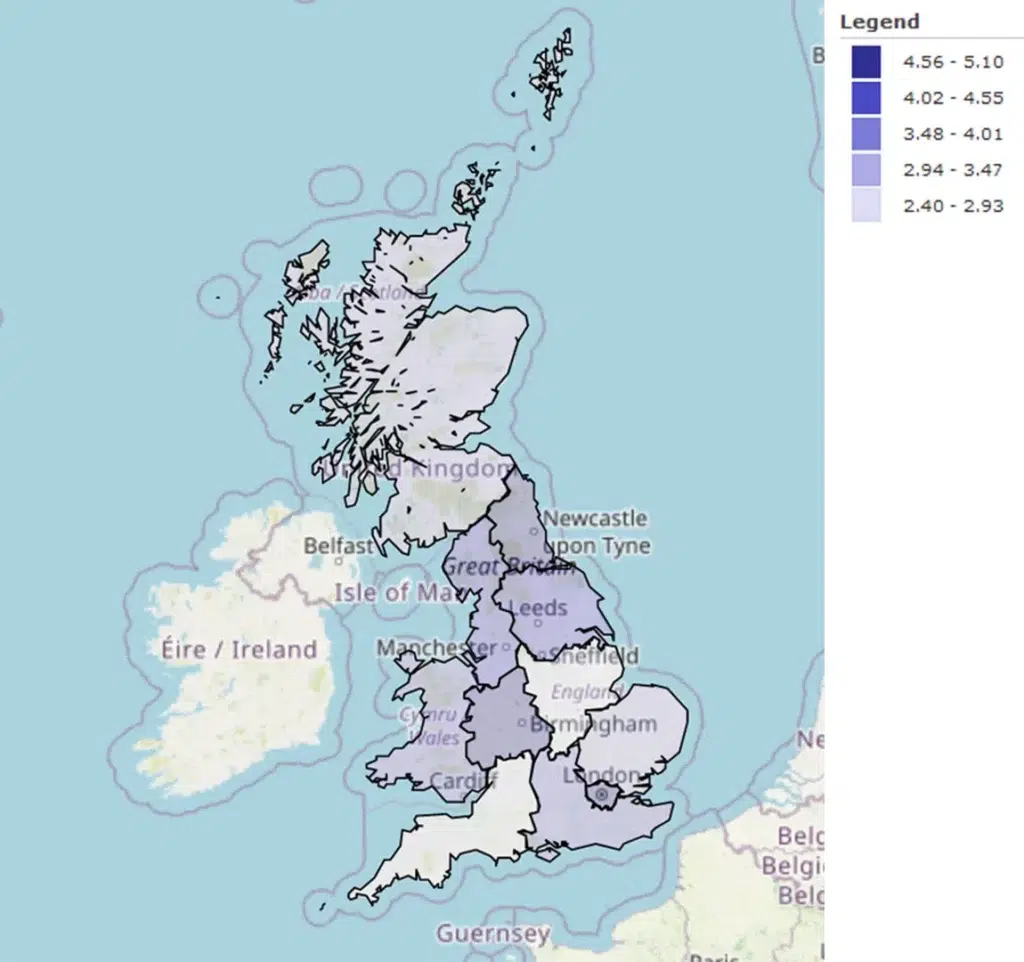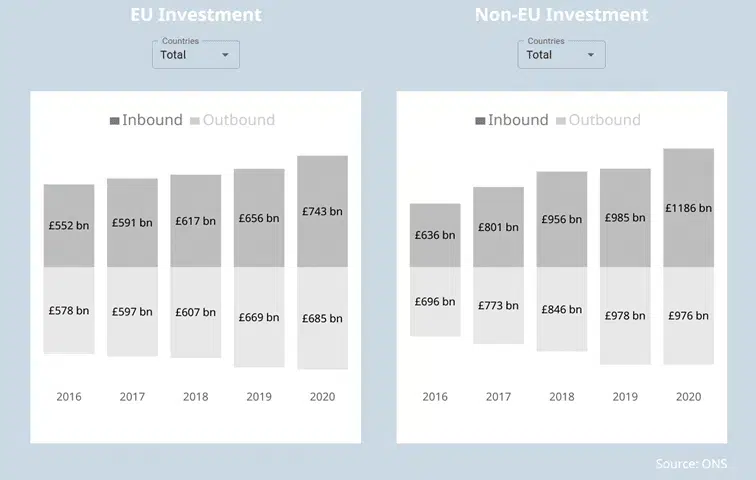Highly skilled workforce
First and foremost, Hauts-de-France offers a wide range of schools, universities and training institutions:
- 7 universities
- More than 40 specialized training centres. Among them, 21 engineering schools, 16 business schools and last but not least, 67 specialized schools (in art, design, communication, journalism, architecture and multimedia)
- 10% of engineers in France are trained in Hauts-de-France
- Training programs completely tailored to HR needs
9% of the student population is located in the region, which represents more than 230.000 students, making the Hauts-de-France, the second French region for education. (Source: Ministère de l’Enseignement supérieur, de la recherche et de l’Innovation)
🔎 Discover more about access to talent and skills in Hauts-de-France
Hauts-de-France’s worforce trusted by big companies
According to David Caron, factory director for Häagen Dazs, one of the main reasons why the company chose the Hauts-de-France for setting up is for the quality of its workforce as well as its availability.
“The workforce in Hauts-de-France is known for its commitment to work as well as its company loyalty”
Northern France has all the assets to ensure sustainable growth
Every European country has been affected to some extent by labour shortages. Overall, this will also have a noticeable impact on companies’ turnover which can result in a decline in investments. For the United Kingdom, these trends have been compounded by challenges resulting from changes in UK-EU trade rules and new requirements for visas and work permits.
France is one of the few countries that has been spared. The Hauts-de-France in particular represents a safe haven for companies in search of development opportunities. The Region appears to be the safest option for UK companies who wish to continue accessing EU markets and talents.
Nord France Invest is the Investment Promotion Agency for Hauts-de-France and provides the right assistance – completely free of charge and in a confidential manner – to foreign-owned companies who may want to set-up here.
Do not hesitate to contact us if you have any perspective of growing your business in Northern France.










